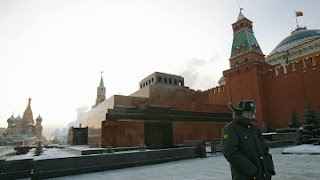
Також не пишу я про гуннів, про готів,
Ані про манкуртів, ні про яничарів,
Ані про Батурин, ані про Почаїв,
Ні про Калнишевського, ні про Мазепу.
Варю собі каву. Читаю газету.
Ходжу до клозету. Ходжу до театру.
I don’t write about Huns or Goths,
Nor about Mankurts nor Janissaries,
Nor about Baturyn nor Pochaiv,
Nor about Kalnyshevskyi, nor Mazepa.
I make myself coffee. I read the paper.
I go to the loo. I go to the theatre.
Oleksandr Irvanets’
Ukrainian literature has always contained within itself the imperative to remember. The very title of the foundation stone of Ukrainian literature, Taras Shevchenko’s Kobzar, alludes to the traditional bard, who would record and retell significant events. The narrator in his Haidamaky thanks his forebears for passing on the heroic story of the warrior Cossacks, and fulfils the same duty himself. Time and again Shevchenko urges his readers to ‘read’ and ‘study’ their past. This is nothing unusual, of course: literature, as incorporated into nation-building projects, has always played a key role with regard to cultural memory, propagating and retelling national myths, commemorating triumph and tragedy, forging a vision of the past to be shared by the readers of a particular linguistic/ethnic community. Literature maps out the national memory, allowing consecutive generations to find their place within the nation, and their nation’s rightful, independent place in the world. This is especially significant in the Ukrainian context: the production and institutionalisation of a national history was, for most of Ukraine’s history, impossible, or at least, extremely difficult. It was left to literature to preserve the past. Hence Haidamaky, Ivan Franko’s Zakhar Berkut, Lesia Ukrainka’s Boiarynia, Bohan Lepkyi’s Mazepa, Lina Kostenko’s Marusia Churai, to give a few examples.





